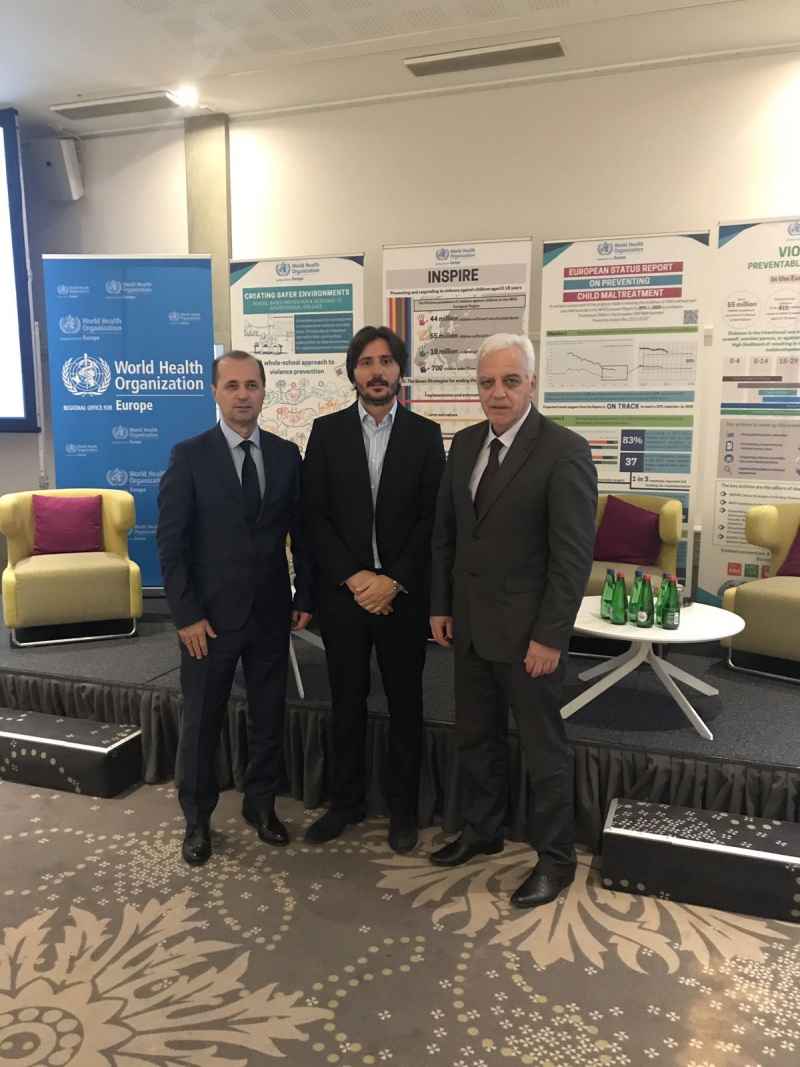On the last day of the two-day World Health Organisation (WHO) workshop, it was talked about strengthening inter-sectoral co-operation in preventing violence against children, as well as best practices and lessons learned from the implementation of the INSPIRE strategy.
Violence against children is a hidden form of violence and evidence shows that its prevalence is unacceptably high globally, and also in 53 countries in the WHO European Region. Child violence involves at least one of the six major types of interpersonal violence that occurs at different stages of the child's development. Violence against children includes: maltreatment, bullying, youth violence, intimate partner violence, sexual violence, emotional or psychological violence and witnessing violence.
Stakeholders from Estonia, Lithuania, Latvia, Armenia, Republic of Moldova, Norway, Sweden, Finland, Iceland, Georgia, Montenegro and Romania participated in today's meeting.
Also, Montenegrin delegation held a meeting with Mr Jonathon Passmore from the WHO’s Regional Office for Europe, discussing on that occasion the continued improvement of the situation of children in Montenegro.
The delegation of the Parliament of Montenegro at the two-day workshop in Tallinn was represented by the Chairperson of the Committee on Health, Labour and Social Welfare Mr Suad Numanović, Chairperson of the Committee on Human Rights and Freedoms Mr Halil Duković and the Mr Nikola Divanović, MP.












